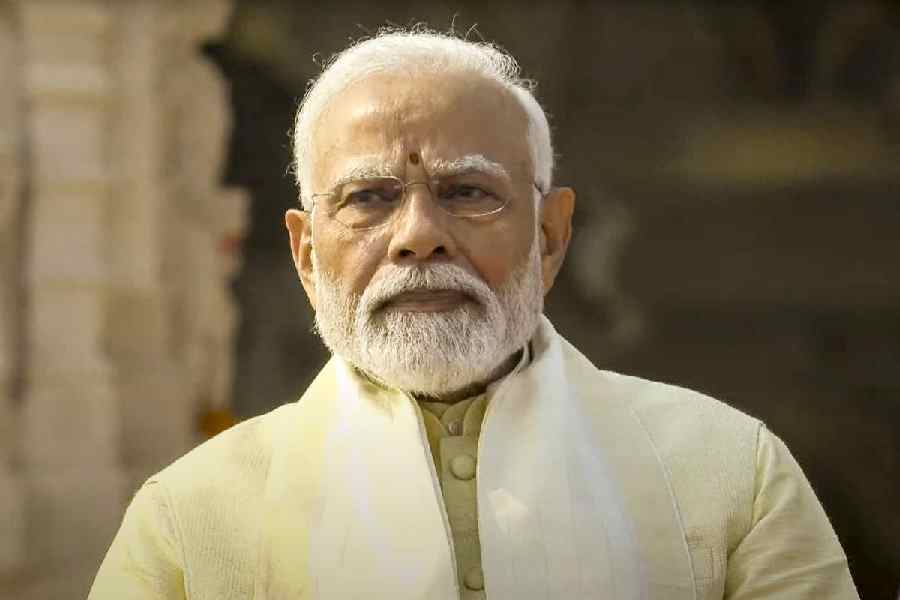Last week, the European Parliament passed a resolution highlighting concerns over mounting violence, divisive politics, shrill nationalistic rhetoric and overall democratic backsliding in India. In itself, such resolutions are neither new nor particularly potent. Yet they reveal the views of political institutions which, in turn, can shape vital relationships for New Delhi. The European Union is India’s third-largest trading partner, and New Delhi and Brussels are expected to restart talks on a long-in-the-works free trade agreement in February. Some might conclude that the resolution is aimed in part as a negotiating tool to put pressure on India ahead of that dialogue. With the 2024 Lok Sabha elections coming up very soon, it could also be politically tempting for the Narendra Modi government or the ruling Bharatiya Janata Party to suggest that the EU is attempting to skew the political pitch in India ahead of the national polls. But that would be misplaced and counterproductive to India’s national interests. A decade after Mr Modi came to power, concerns over the country’s direction are undeniably growing among New Delhi’s Western partners even as they continue to view India as a valuable counterweight to China and remain enamoured of the size of India’s market. Indians alone must decide their nation’s future. But the worries among key diplomatic partners pose challenges for Indian diplomacy.
Last May, the United States Commission on International Religious Freedom, an independent body appointed by the president of the United States of America and leaders of the US Congress, recommended — for the fourth time in a year — that Washington blacklist India for its tilt towards Hindu majoritarianism. In July, the European Parliament called on India to urgently end the violence in Manipur, which continues six months later. In September, the Canadian prime minister, Justin Trudeau, accused the Indian government of links to the assassination of the Sikh separatist, Hardeep Singh Nijjar, near Vancouver, based on intelligence inputs shared with Ottawa by other Western allies, including, reportedly, the US. And in November, US prosecutors charged an Indian national with working with New Delhi’s intelligence agencies to attempt the assassination of another Sikh separatist, Gurpatwant Singh Pannun. India’s responses have ranged from rage to dismissiveness to damage control. But it must pay heed to a broader message that is emerging. As it cracks down not just on political opponents but also on reputable civil society groups and think tanks, Mr Modi’s government risks squandering the global goodwill India has earned over the decades. Winning it back will not be easy.











